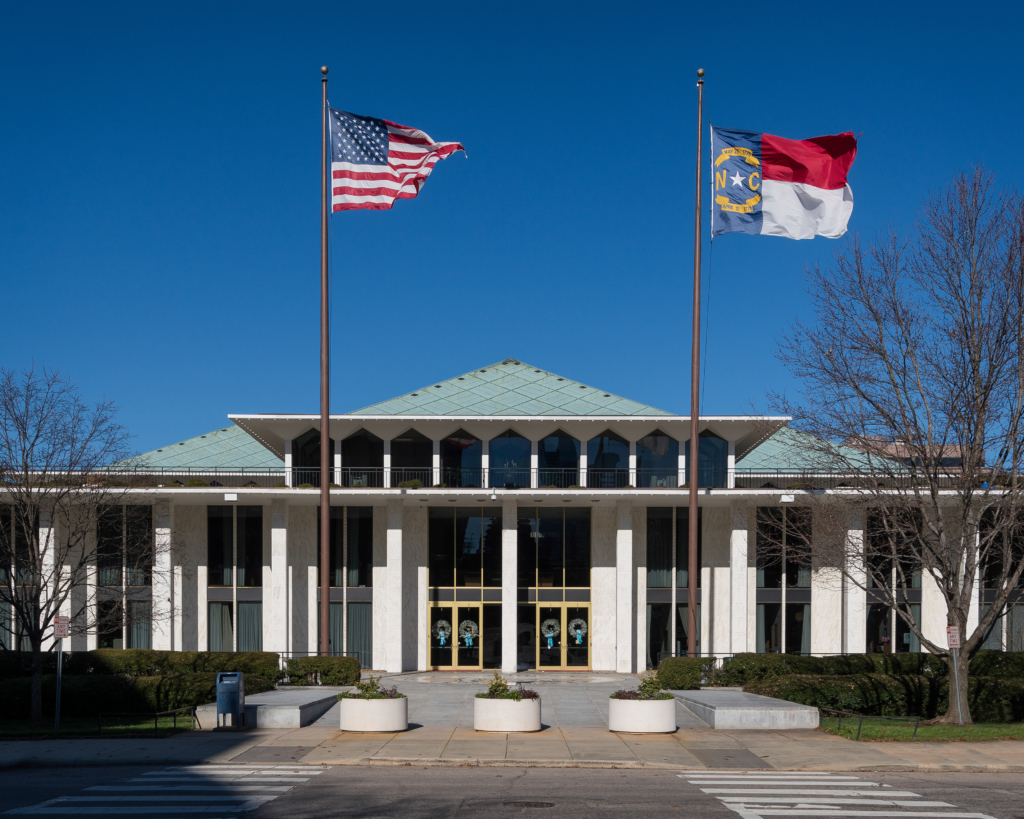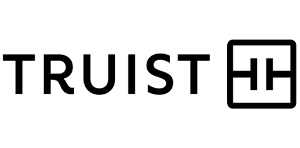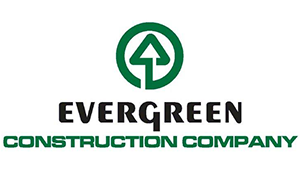Lawmakers in the NC General Assembly released a conference budget on Monday evening, reflecting a two-year budget totaling nearly $53 billion in state funds. The governor and Republican leadership were not able to reach agreement on key issues, particularly around Medicaid expansion, and Governor Cooper has not yet indicated whether he will sign or veto the bill. This N&O article includes a breakdown of the topline numbers.
The Coalition is conducting an analysis of the housing investments and funding levels, which are listed below:
| FY 21-22 | FY 22-23 | |
| NC Housing Trust Fund | $7.6M | $7.6M |
| HOME Match | $3M | $3M |
| Workforce Housing Loan Program | $170M | |
| Transitions to Community Living Initiative | $15M | $15M |
| NCHFA fund for affordable housing in Robeson County (OSBM – Disaster Recovery) | $10M | |
| Habitat for Humanity of NC pilot program to build and repair homes (OSBM – Disaster Recovery) | $2M | |
| NC Councils of Governments to provide technical assistance with local recovery funds (OSBM – Disaster Recovery) | $2M | $2M |
| Local Fiscal Recovery Funds/Technical Assistance to the North Carolina League of Municipalities, the North Carolina Association of County Commissioners, and the North Carolina Association of Regional Councils of Government to provide guidance and technical assistance on administration of Local Fiscal Recovery Funds (OSBM) | $30M | |
| Relief and recovery efforts from Tropical Storm Fred supplemental funding for households that are not eligible for federal disaster assistance programs (Department of Public Safety, Division of Emergency Management) | $72M | |
| Rapid Re-Housing for rental and utility assistance, temporary hotel stays, housing navigation, case management, capacity building, and home improvement and repair for seniors (DHHS, Division of Aging and Adult Services) | $15M | |
| Opioid Abatement Fund for Evidenced-based supportive housing (Housing First), move in deposits/rent/utilities, training on tenant rights, landlord training and outdoor living supplies (DHHS) | $15.7M | $812K |
| CDBG-NR for essential home repairs, demo and rehab, and public improvements (Commerce) | $15.4M | $15.4M |
| CDBG – Economic Development for acquisition, demo and rehab, public improvements, construction/rehab loans and grants to nonprofits, technical assistance (Commerce) | $21M | $21M |
| CDBG – Rural Community Development for essential home repairs, public improvements, assistance to private/nonprofit entities and technical assistance to public/nonprofit entities (Commerce) | $5M | $5M |
| Economic Development Project – Habitat for Humanity of Gaston County (Commerce) | $250k | |
| Forgivable loan to construct affordable housing units in Dare County (OSBM) | $35M | |
| Veterans Challenge Grant for housing solutions (Department of Military and Veterans Affairs) | $1M |
The budget also includes a number of policies related to housing:
- Limits harmony requirements in multi-family zoning districts. For parcels where multifamily structures are an allowable use, a local government may not impose a harmony requirement for permit approval if the development contains affordable housing units.
- Identifies affordable housing as an ineligible use for State Capital and Infrastructure Funds.
- Authorizes the State Homeowner Assistance Fund through the NC Housing Finance Agency with funds from the federal Housing Assistance Fund in the American Rescue Plan Act. Homeowner assistance will be used to mitigate financial hardships associated with the COVID-19 pandemic.
- Specifies that Workforce Housing Loan Program funds will be “revolving,” which is a technical correction that would allow repaid loans or money allocated to deals that do not move forward to be recommitted to the same purpose without an appropriation.
- Requires the NC Housing Finance Agency to study modifications to the Qualified Allocation Plan (QAP), including changes to the amenity scoring model, removing the cap on construction costs for historic rehabilitation projects, and using best practices from programs in other states.
Some of the more concerning policy provisions relating to NCHFA that were included in earlier iterations of the budget have been removed, which is a win for housing advocates. The other major win is the increase in funding to the Workforce Housing Loan Program.
The Senate is expected to begin voting on the budget Tuesday afternoon and it’s likely to pass quickly in both houses. The process does not allow for amendments and it will be passed by a simple majority vote. If the legislature passes the budget, it could be sent to the governor’s desk by late Thursday or Friday and Governor Cooper will then have 10 days to sign it or veto. He can also choose to take no action and let it become law without his signature.








